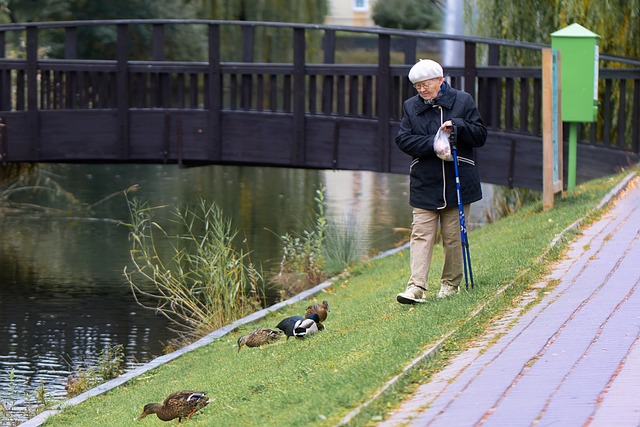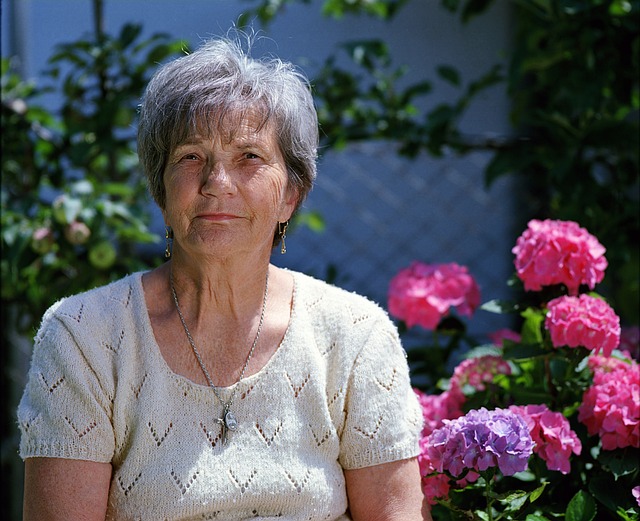Elderly Companion Services are vital for addressing loneliness and social isolation among seniors by offering personalized companionship and engagement that align with their preferences and needs. These services not only provide emotional support but also monitor for early signs of distress or health issues to ensure timely assistance. They enhance mental health, cognitive function, and overall well-being by fostering a sense of belonging and community connection. By engaging in meaningful activities and offering practical help, these services enrich the daily lives of the elderly, making their later years more fulfilling and less solitary. As part of the broader eldercare continuum, Elderly Companion Services complement family care, offering a flexible, supportive presence that significantly contributes to the emotional well-being and independence of seniors.
Every day, countless elders across communities face the silent challenge of loneliness. Recognizing this pressing issue, the role of elderly companion services has gained significant attention in addressing the emotional and health needs of our aging population. This article delves into the transformative impact of these services, highlighting their effectiveness in fostering meaningful connections and enriching the lives of lonely seniors. We will explore the benefits of regular social interaction, strategies for successful matching with companions, and best practices for visitation programs that cater to the unique needs of each individual. By understanding how companion services can bridge social gaps and promote community ties, we pave the way for a more connected and compassionate society. Join us as we shed light on the multifaceted role of elderly companion services in creating a supportive network for our elders, ensuring they are never alone in their golden years.
The Role of Elderly Companion Services in Combating Loneliness

Elderly companion services play a pivotal role in addressing the pervasive issue of loneliness among the senior population. These services are designed to offer consistent and meaningful engagement for elders who may be experiencing social isolation due to factors such as the loss of loved ones, reduced mobility, or living alone. By providing companionship that ranges from simple conversations to shared activities and outings, these services help to alleviate feelings of loneliness and depression. The companions are often trained to recognize signs of distress or declining health, offering an additional layer of support that can facilitate timely interventions when necessary. This proactive approach ensures that elders receive not just emotional comfort but also practical assistance, contributing to their overall well-being and quality of life. Moreover, these services can be tailored to the individual’s preferences and needs, fostering a sense of belonging and community connection that is vital for maintaining mental health and cognitive function in later years. Through regular interaction and the establishment of trusting relationships, elderly companion services help to fill the social void for many elders, making their golden years more fulfilling and less solitary.

The concept of elderly companion services has gained significant traction as a vital resource for supporting the well-being of lonely elders. These services are designed to provide companionship and social interaction, which are key components in maintaining mental health and overall quality of life for seniors who may be isolated due to various factors such as the loss of loved ones, mobility challenges, or living alone. The role of these companion services extends beyond mere company; they often involve engaging activities that stimulate cognitive function and encourage social participation. By offering a consistent presence in the lives of these elders, elderly companion services help bridge the gap left by the absence of family, friends, or regular community interactions, thereby enriching their daily experiences and promoting a sense of connection and belonging.
Complementing family care when available, elderly companion services can be tailored to meet individual needs, offering everything from light conversation to assistance with simple tasks, ensuring that each visit is meaningful and responsive to the elder’s preferences. These services are not just about combating loneliness but also about enhancing the daily lives of seniors by providing them with a sense of purpose and joy through shared activities and companionship. The flexibility and personalized nature of these programs make them an invaluable asset in the lives of many aging individuals, contributing to their emotional health and supporting their continued independence.
In conclusion, the initiative of providing friendly visits to lonely elders through Elderly Companion Services has proven to be a transformative approach in addressing the pervasive issue of loneliness among the elderly. These services not only offer companionship but also contribute significantly to the overall well-being and health of seniors. By fostering meaningful social interactions, such programs empower elders to lead more fulfilling lives, ultimately enriching communities and society as a whole. It is clear that Elderly Companion Services are an invaluable resource, deserving of support and expansion to ensure no senior has to face isolation alone.






